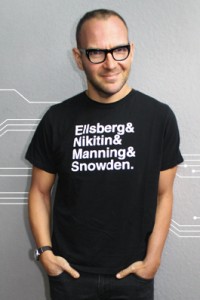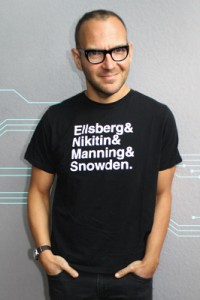Cory Doctorow: No One Is the Enshittifier of Their Own Story
No one was more surprised than I was when the American Dialect Society named ‘‘enshittification’’ – my dirty little coinage to describe how everything on the internet is (suddenly, simultaneously) getting (much) worse – to be its Word of the Year. But though the news was a surprise, it was a very pleasant one.
My early writings on enshittification focused on its symptoms, the way platforms decay. The progression of ...Read More
Read more




